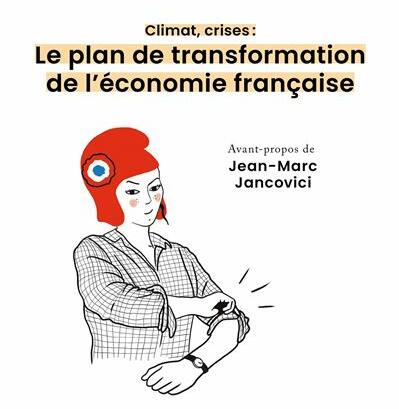Public procurement and innovation
Ensuring more flexible and reactive public procurement
Competitive bidding, as it is applied in public procurement processes, is intended to ensure the best possible use of public monies; in practice it leads to a system that creates an incentive for the greatest possible conservatism and puts a very strong brake on the penetration of innovation. This would not be a problem in a stable world of opulence, but it becomes a major drawback in a world of constraints and uncertainty. Decarbonising the European economy will call for imagination and flexibility, even as public finances are drying up, meaning that procurement can no longer be managed as in the past, when a useless product or service was ordered and then riders appended to the contract to cover what was actually needed.
The Shift Project will therefore look at ways to foster a better balance between the strict rules that must prevail in calls for tender, and the temporal and financial constraints that we face to achieve our objective of an economy that is not dependent on fossil fuels. The cursor must be shifted to allow for greater reactivity and innovation, and this must be transposed into appropriate contractual practices.
PROJECT STAGES
A working group and a steering committee gathering multiple and diverse actors (construction, water and energy companies, public planners, and local authorities) will be formed in September 2014.
An interim report is expected by the end of 2014 and a final report by mid-2015.
CONTACT
 Pierre Lachaize, Project Manager
Pierre Lachaize, Project Manager
Pierre Lachaize is an engineer from Ecole polytechnique. His experience includes 25 years of consulting at Bossard and CapGemini.
pierre.lachaize(at)theshiftproject.org

